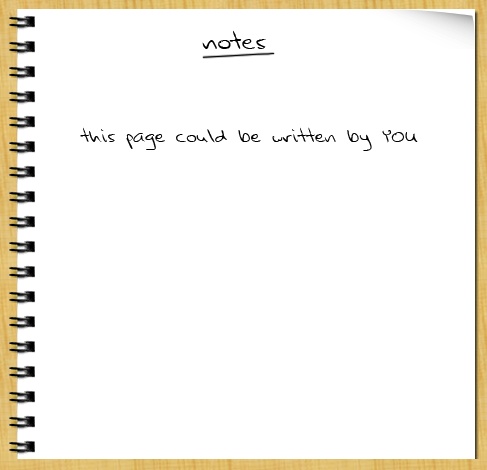Phil McArthur is not a writer. But while recovering from a recent fight with cancer, he began to dream about producing a novel. Sci-fi or horror most likely — the kind of stuff he enjoys to read. But what if he could write it socially? That is, with other people? What if he could send the book spinning like a top and just watch it go?
Say he pens the first page of what will eventually become a 250-page thriller and then passes the baton to a stranger. That person goes on to write the second page, then passes it on again to a third author. And a fourth. A fifth. And so on. One page per day, all the way to 250. By that point it’s 2007 and they can publish the whole thing on Lulu.

The fruit of these musings is (or will be… or is steadily becoming) “Novel Twists”, a ongoing collaborative fiction experiment where you, I or anyone can contribute a page. The only stipulations are that entries are between 250 and 450 words, are kept reasonably clean, and that you refrain from killing the protagonist, Andy Amaratha — at least at this early stage, when only 17 pages have been completed. Writers also get a little 100-word notepad beneath their page to provide a biographical sketch and author’s notes. Once they’ve published their slice, the subsequent page is auctioned on Ebay. Before too long, a final bid is accepted and the next appointed author has 24 hours to complete his or her page.
Networked vanity publishing, you might say. And it is. But McArthur clearly isn’t in it for the money: bids are made by the penny, and all proceeds go to a cancer charity. The Ebay part is intended more to boost the project’s visibility (an article in yesterday’s Guardian also helps), and “to allow everyone a fair chance at the next page.” The main point is to have fun, and to test the hunch that relay-race writing might yield good fiction. In the end, McArthur seems not to care whether it does or not, he just wants to see if the thing actually can get written.
Surrealists explored this territory in the 1920s with the “exquisite corpse,” a game in which images and texts are assembled collaboratively, with knowledge of previous entries deliberately obscured. This made its way into all sorts of games we played when we were young and books that we read (I remember that book of three-panel figures where heads, midriffs and legs could be endlessly recombined to form hilarious, fantastical creatures). The internet lends itself particularly well to this kind of playful medley.
